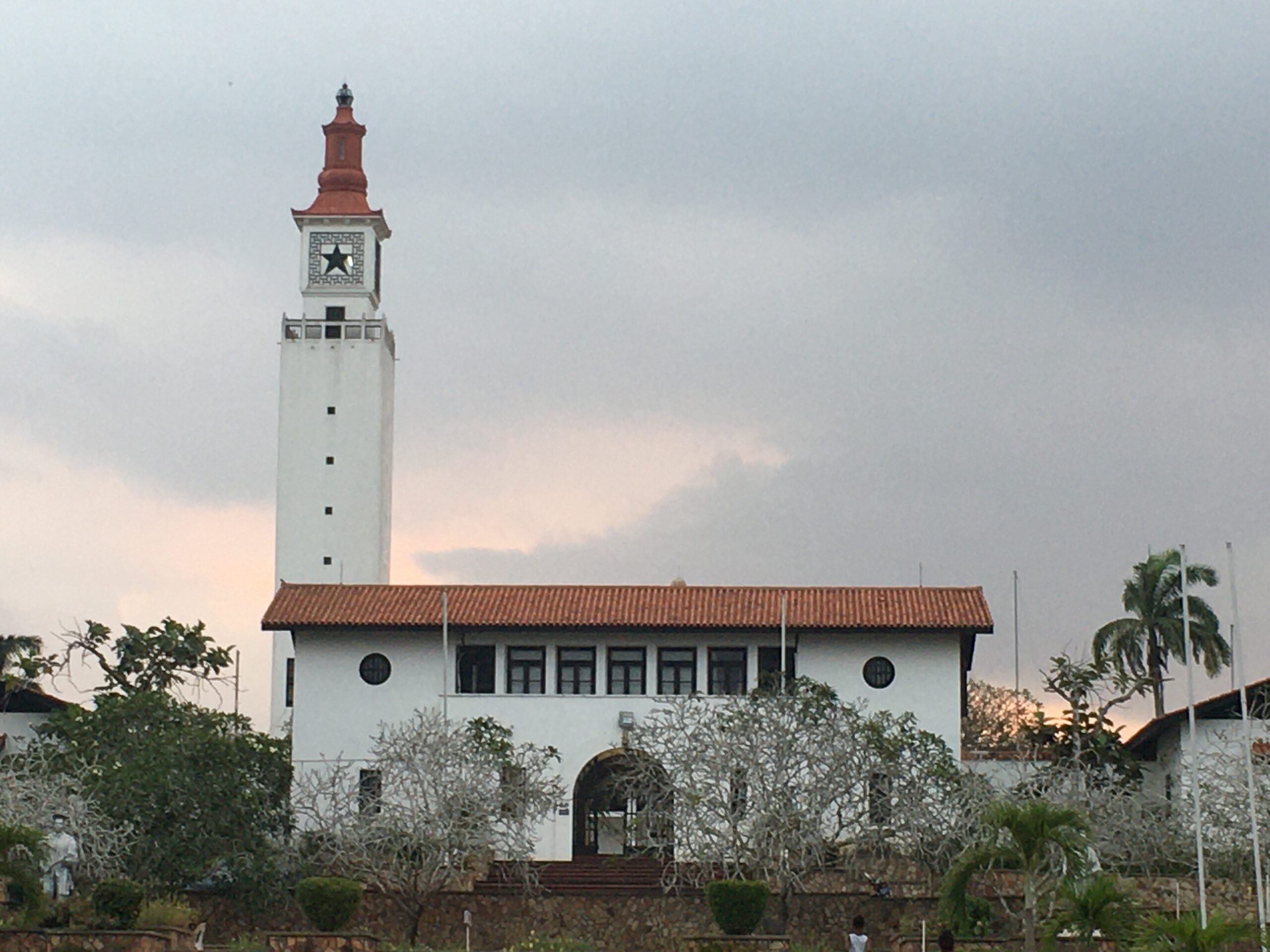

 A recent study by the Council for Scientific and Industrial Research Science and Technology Policy Research Institute (CSIR-STEPRI) has revealed a lower rate of women’s participation in Science, Innovation and Technology (STI) at research institutions.
A recent study by the Council for Scientific and Industrial Research Science and Technology Policy Research Institute (CSIR-STEPRI) has revealed a lower rate of women’s participation in Science, Innovation and Technology (STI) at research institutions.
The research was conducted in two STI-based public research institutions, one public regulatory institution and a private firm.
The CSIR-STEPRI presented its key findings at a policy dialogue on Women’s participation in STI research, capacity-building and mentorship, held in Accra.
The study highlighted the major barriers staff in scientific research institutions face, which can impact their career progression, as well as the enablers that promote staff retention and job satisfaction.
The Council said unequal access to well-resourced laboratories and research tools limited women’s capacity to deliver high-impact scientific work.
The study revealed that both women and men were equally affected by limited access to equipment, laboratory facilities and other tools that facilitated their work.
The Council noted that perceptions about current jobs, particularly challenges associated with limited leadership opportunities, lack of recognition, and exclusion from impactful projects, also hindered women’s participation in STI.
It disclosed that working conditions such as overloaded work schedules, insufficient remuneration, and limited family-supportive policies significantly constrained women’s sustained participation in STI careers within research and regulatory institutions.
“Given their predominant role as primary caregivers, women with family responsibilities face considerable challenges, especially when the pursuit of advanced studies necessitates prolonged separation from their households,” it said.
The research noted that inadequate maternity provisions, limited access to childcare support, and the absence of robust mechanisms for addressing various forms of harassment continued to undermine inclusivity in research institutions.
Other obstacles included limited access to advanced training, occupational safety and hazard concerns, and core labour standards.
Dr Wilhelmina Quaye, the Director of CSIR-STEPRI, said the under-representation of women in Science, Technology, and Innovation remained a global challenge, despite notable progress in Women in STEM education and advocacy.
Despite the contributions of women to nation-building and the fact that STI drove socio-economic development, available statistics showed that only about 30 per cent of researchers in Africa were women.
Dr Quaye called for the development of comprehensive capacity-training programmes to upgrade professional staff, and the establishment of appropriate mentoring programmes and succession plans within STI-related organisations to enhance women’s participation.
She urged policymakers to expand scholarships, grants, and financial support for students, particularly women and persons with disability pursuing STEM fields, with a focus on providing support for advanced research degrees.
She recommended improving remuneration, working conditions, and recognition for STI professionals to attract and retain women talent in Ghana’s STI sectors.
Source: GNA
The post Research reveals major obstacles to women’s participation in science, technology appeared first on Ghana Business News.
Read Full Story


























Facebook
Twitter
Pinterest
Instagram
Google+
YouTube
LinkedIn
RSS